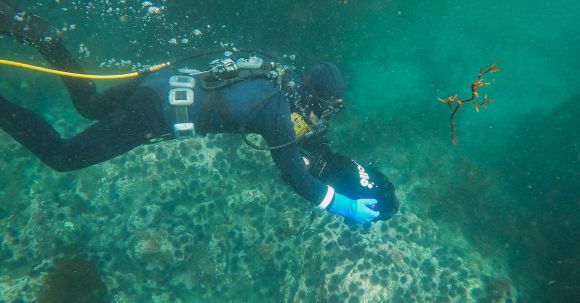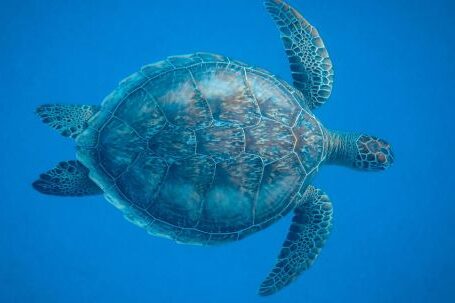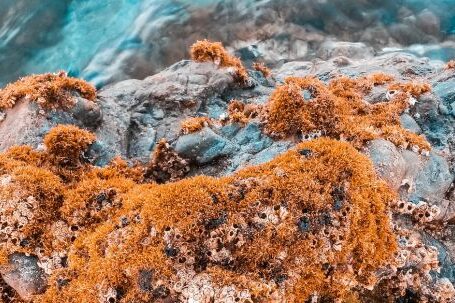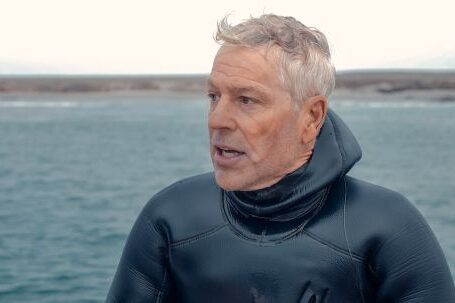Diving is an exhilarating experience that allows us to explore the wonders of the underwater world. Whether you are a beginner or an experienced diver, one thing that can greatly enhance your diving experience is improving your air consumption. The more efficiently you use your air, the longer your dives can be. Here are some tips to help you improve your air consumption while diving.
Breathe deeply and slowly
One of the key factors in improving air consumption is breathing deeply and slowly. Many divers tend to take short, shallow breaths, which can lead to increased air consumption. Instead, focus on taking deep breaths, filling your lungs completely, and exhaling slowly. This will help your body relax and ensure that you are using your air more efficiently.
Maintain a relaxed state
Staying relaxed while diving is crucial for conserving air. When we feel anxious or stressed, our breathing becomes shallow, causing us to use more air. To maintain a relaxed state, practice slow and controlled breathing before and during your dive. Focus on the sensation of the water on your skin and the sights and sounds around you. By staying calm and relaxed, you can significantly improve your air consumption.
Streamline your gear
Having bulky or poorly fitting gear can increase your drag in the water, making it harder to move efficiently and causing you to use more air. Take the time to ensure that your gear fits properly and is streamlined. This includes making sure your wetsuit is snug, your BCD is adjusted correctly, and your fins are the right size. By reducing drag, you can glide through the water with ease, using less energy and air.
Master your buoyancy
Maintaining proper buoyancy is essential for conserving air. When you are properly weighted and able to control your buoyancy, you can minimize the effort required to move in the water. Practice your buoyancy control skills regularly, such as hovering in place or ascending and descending without using your fins. By mastering your buoyancy, you can reduce unnecessary movement and improve your air consumption.
Dive within your limits
Pushing your limits while diving can lead to increased air consumption. It is important to know and respect your limits and only dive within your comfort zone. If you are diving in conditions that are beyond your abilities, you may find yourself using more air due to stress or exertion. Always choose dives that are suitable for your experience level and ensure that you have the necessary skills and knowledge to handle the conditions.
Stay hydrated
Staying hydrated is crucial for maintaining good air consumption while diving. Dehydration can lead to increased breathing rates and decreased lung capacity, causing you to use more air. Make sure to drink plenty of water before and after your dives to stay properly hydrated. Avoid consuming alcohol or caffeine, as they can contribute to dehydration.
Conclusion: Dive smart, dive longer
Improving your air consumption while diving is not only beneficial for extending your dive time but also for your overall comfort and safety underwater. By practicing these tips, such as breathing deeply and slowly, maintaining a relaxed state, streamlining your gear, mastering your buoyancy, diving within your limits, and staying hydrated, you can significantly improve your air consumption and have more enjoyable and fulfilling dives. Remember, dive smart, dive longer!





